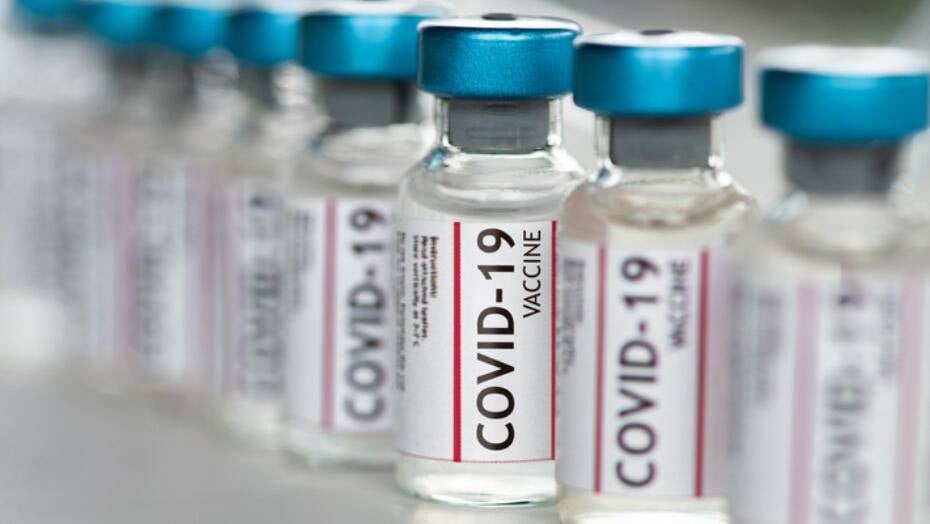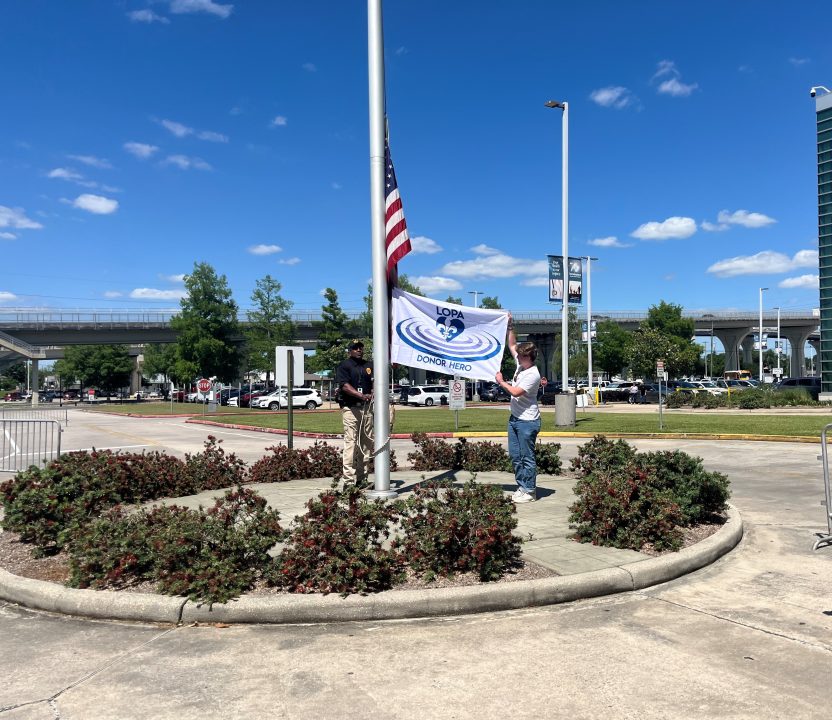
Lafourche Sheriff announces plans Labor Day Drive Sober or Get Pulled Over campaign
August 16, 2021
Friends of Bayou Lafourche to Host ‘Weir Removal Boat Parade’ on August 28
August 16, 2021The Centers for Disease Control and Prevention now recommends that people whose immune systems are compromised moderately to severely should receive an additional dose of mRNA COVID-19 vaccine after the initial 2 doses. Widespread vaccination is a critical tool to help stop the pandemic. Read CDC’s statement here.
FDA amended the Emergency Use Authorization for the Pfizer-BioNTech COVID-19 Vaccine and Moderna COVID-19 vaccine to allow an additional dose to be administered to people with moderately to severely compromised immune systems after an initial 2-dose series.
From the Centers for Disease Control and Prevention:
People who are moderately to severely immunocompromised make up about 3% of the adult population and are especially vulnerable to COVID-19 because they are more at risk of serious, prolonged illness.
Studies indicate some immunocompromised people don’t always build the same level of immunity after vaccination the way non-immunocompromised people do, and may benefit from an additional dose to ensure adequate protection against COVID-19. In small studies, fully vaccinated immunocompromised people have accounted for a large proportion of hospitalized “breakthrough cases,” and that suggests immunocompromised people are more likely to transmit the virus to household contacts.
Who Needs an Additional COVID-19 Vaccine?
Currently, CDC is recommending that moderately to severely immunocompromised people receive an additional dose. This includes people who have:
• Been receiving active cancer treatment for tumors or cancers of the blood
• Received an organ transplant and are taking medicine to suppress the immune system
• Received a stem cell transplant within the last 2 years or are taking medicine to suppress the immune system
• Moderate or severe primary immunodeficiency (such as DiGeorge syndrome, Wiskott-Aldrich syndrome)
• Advanced or untreated HIV infection
• Active treatment with high-dose corticosteroids or other drugs that may suppress your immune response
People should talk to their healthcare provider about their medical condition, and whether getting an additional dose is appropriate for them.
How long after getting my initial COVID-19 vaccines can I get an additional dose?
CDC recommends the additional dose of an mRNA COVID-19 vaccine be administered at least four weeks after a second dose of Pfizer-BioNTech COVID-19 vaccine or Moderna COVID-19 vaccine.
Can you mix and match the vaccines?
For people who received either Pfizer-BioNTech or Moderna’s COVID-19 vaccine series, a third dose of the same mRNA vaccine should be used. A person should not receive more than three mRNA vaccine doses. If the mRNA vaccine product given for the first two doses is not available or is unknown, either mRNA COVID-19 vaccine product may be administered.
What should immunocompromised people who received the J&J/Janssen vaccine do?
The FDA’s recent EUA amendment only applies to mRNA COVID-19 vaccines, as does CDC’s recommendation.
Emerging data have demonstrated that immunocompromised people who have low or no protection following two doses of mRNA COVID-19 vaccines may have an improved response after an additional dose of the same vaccine. There is not enough data at this time to determine whether immunocompromised people who received the Johnson & Johnson’s Janssen COVID-19 vaccine also have an improved antibody response following an additional dose of the same vaccine.








